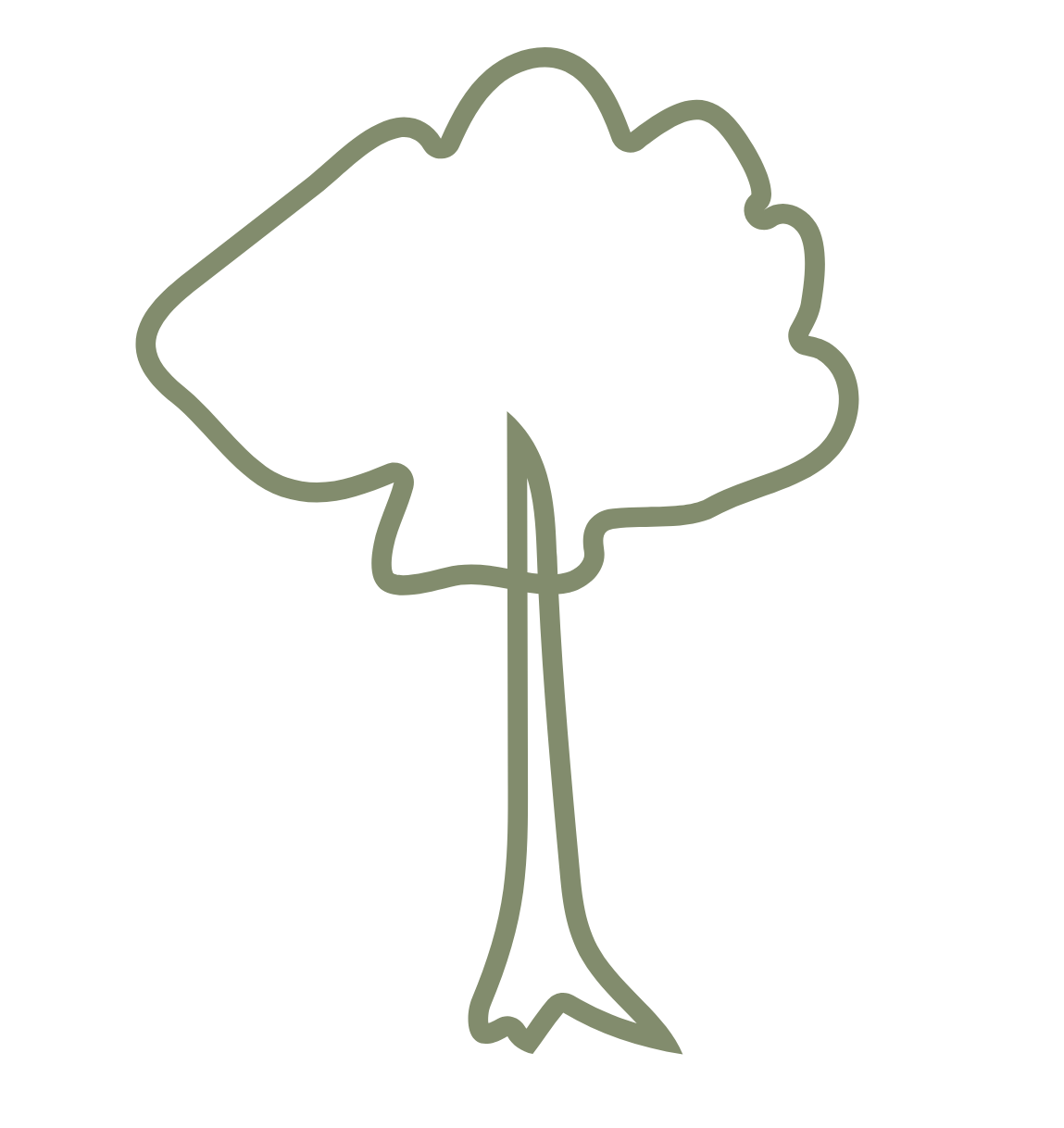The Sherpa people are a group from Nepal known for their amazing skills in the Himalayas. They live high up in the mountains and have become famous for helping climbers reach the tops of the world’s tallest peaks.
Sherpas are super strong and can carry heavy loads up steep paths. They often bring gear, food, and other supplies for climbing teams.
These tough mountain folks might make several trips up and down the slopes in a single day, lugging everything from tents to oxygen tanks.
But Sherpas do more than just carry stuff. They’re also great guides.
Many have climbed the big mountains like Everest many times. They know the dangers of high places and can spot problems like altitude sickness quickly. This makes them really valuable to climbing teams.
Sherpas are also known for being kind hosts. They often welcome visitors into their homes and share meals. Many climbers end up making friends with Sherpas that last for years.
Here are some cool facts about Sherpas:
- They live at high altitudes and are used to thin air
- Many own yaks, which help carry loads
- They speak their own language, also called Sherpa
- There are about 150,000 Sherpas in Nepal and nearby areas
Sherpas have become so well-known for their mountain skills that people now use the word “sherpa” to mean anyone who helps carry things. But real Sherpas are much more than just porters.
Some famous Sherpas have set records on Everest:
| Name | Achievement |
|---|---|
| Tenzing Norgay | First to reach Everest’s summit (with Edmund Hillary) |
| Appa Sherpa | Climbed Everest 21 times |
| Pratima Sherpa | Top female golfer in Nepal |
While many Sherpas work in the mountains, others have different jobs. Some run lodges or shops in villages.
A few, like Pratima Sherpa, have even become sports stars outside of climbing.
The Sherpa way of life is changing as more tourists visit Nepal. But their skills in the mountains and their friendly nature still make them special. For many climbers, meeting Sherpas is one of the best parts of visiting the Himalayas.









Leave a Comment